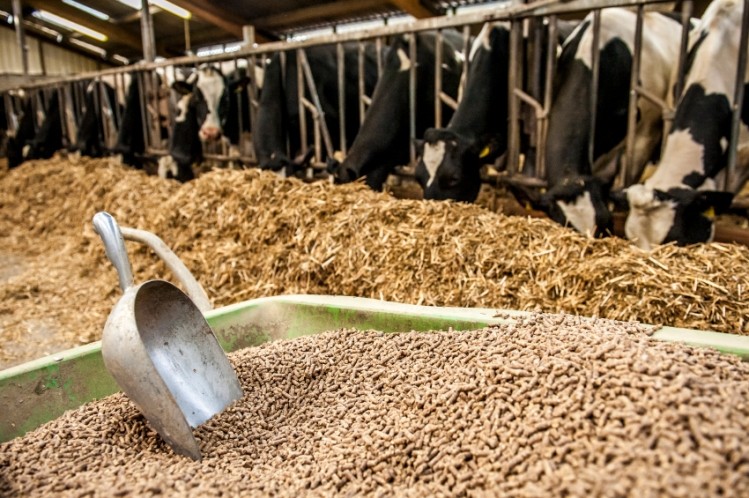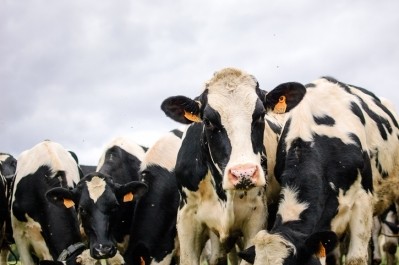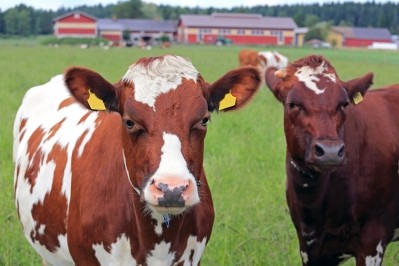Welfare, efficient use of feeds, volatility on European milk producers’ radar

It is of particular importance for milk producers in Germany, the UK and Russia, according to a new report from DLG-Agrifuture Insights, an analysis platform of the German Agriculture Society (DLG).
In Germany, efficient use of animal feeds is directly related to the level of waste products – and phosphorous in particular – in manure; improvements will help dairy farmers meet that country’s new Fertilizer Ordinance.
DLG said its insights are generated by polling a global panel made up of 2,000 future-oriented farmers in 13 countries – Brazil, China, France, Germany, Great Britain, Iran, Netherlands, Poland, Russia, South Africa, Thailand, USA and Zambia.
Surveys are conducted every February/March in the southern hemisphere and every August/September in the northern hemisphere, with the findings supplemented by continuous background research and regular interviews with top decision-makers.
DLG’s recent spotlight on European dairy farmers shows reducing production costs and securing financial security is high on their agenda.
Farmers in all six countries indicated they were working to improve business viability, as per the data collected.
“Nearly 95% of UK farmers also said they wanted to secure the financial security of their businesses, with Poland and Russia also scoring more than 90% on this question. While this suggests these countries are particularly vulnerable to low milk prices, a score of only 60% in the Netherlands suggests a more stable business environment for dairy farmers there.”
Optimizing herd management is also a goal in all the countries surveyed, although it is a particular aim for milk producers in the Netherlands, who scored it significantly higher than the others at more than 90%, said the DLG team.
Increasing animal welfare is another target for dairy farmers across Europe.
It is “a particular goal for producers in Poland and the UK, who feel most strongly that there is potential to increase animal welfare within their systems.
“Interestingly, the lowest score on this question is from France, where it could be argued that the population has a much closer relationship with food, and a more realistic attitude to farming practices.”
High volatility of the EU dairy market
Dutch dairy processor, Friesland Campina, in its financial results published last week, noted 2017 was a year of recovery of dairy prices.
“The market prices for cream and butter reached a record high in the third quarter, while the price for milk protein, in the form of skimmed milk powder, declined significantly. This caused a significant increase in the stocks of skimmed milk powder demonstrating the high volatility of the dairy market.”
Minor changes in conditions and sentiment can have a major impact on the supply and demand of dairy products, and consequently on prices, it added.
Kerry Group CEO, Edmond Scanlon, earlier this month, said that trying to get an equilibrium between milk supply and demand is the optimal situation.
“Anything we can do to get volatility out of this market is a good thing for everybody in the supply chain.”
At the end of January, the European Council acted to stabilize the dairy market in 2018, stopping the bloc’s purchases of skimmed milk powder (SMP).
EU agriculture ministers agreed that stocks of almost 400,000 tons of SMP, bought up to avert a slump in prices following the end of EU milk quota in 2015 and the Russian ban on EU foodstuffs, in fact risked causing “severe pressure on the market, with a negative impact on dairy prices.”








